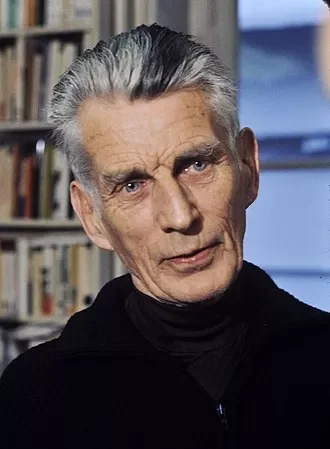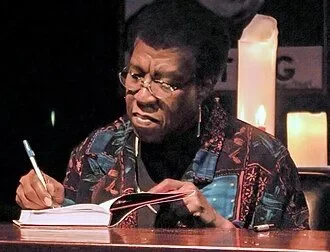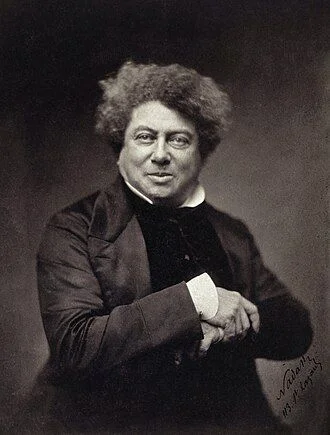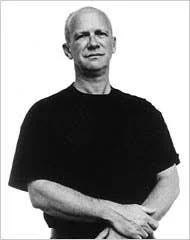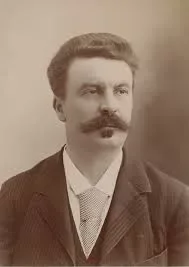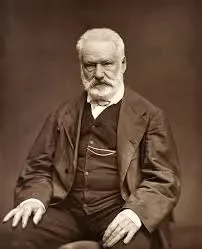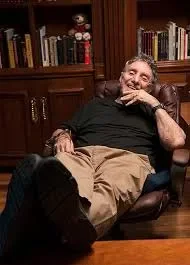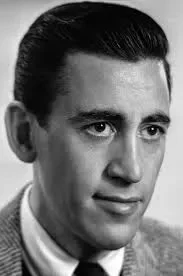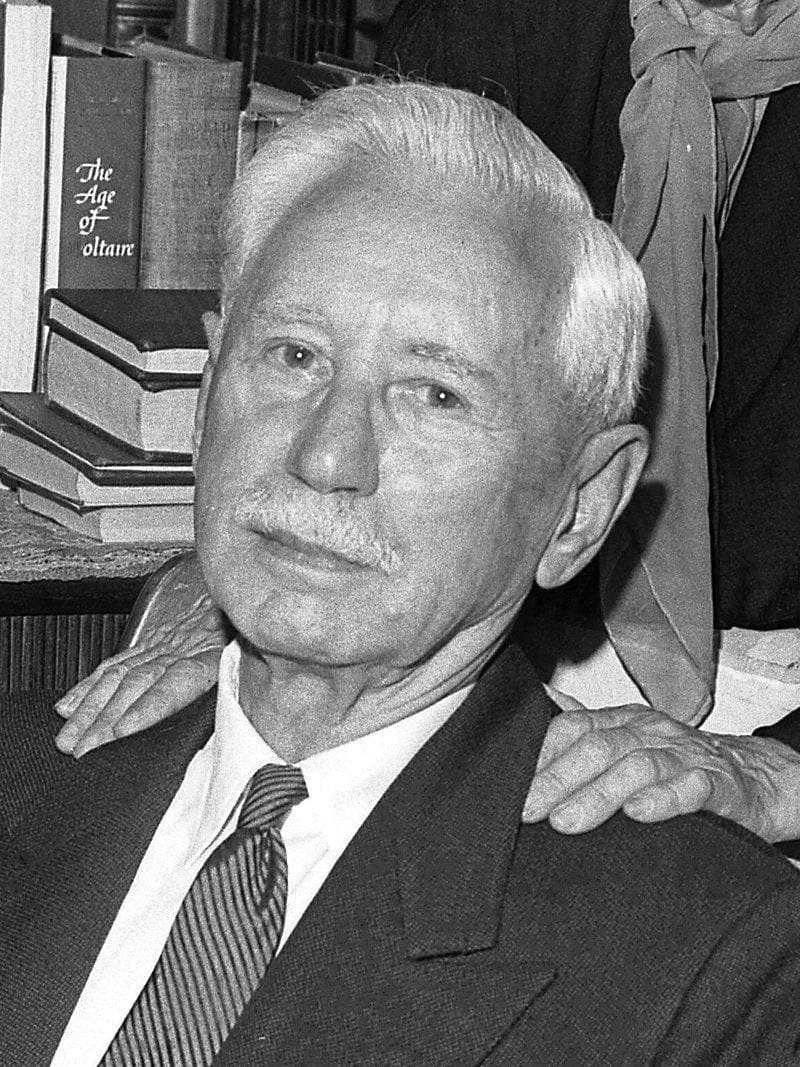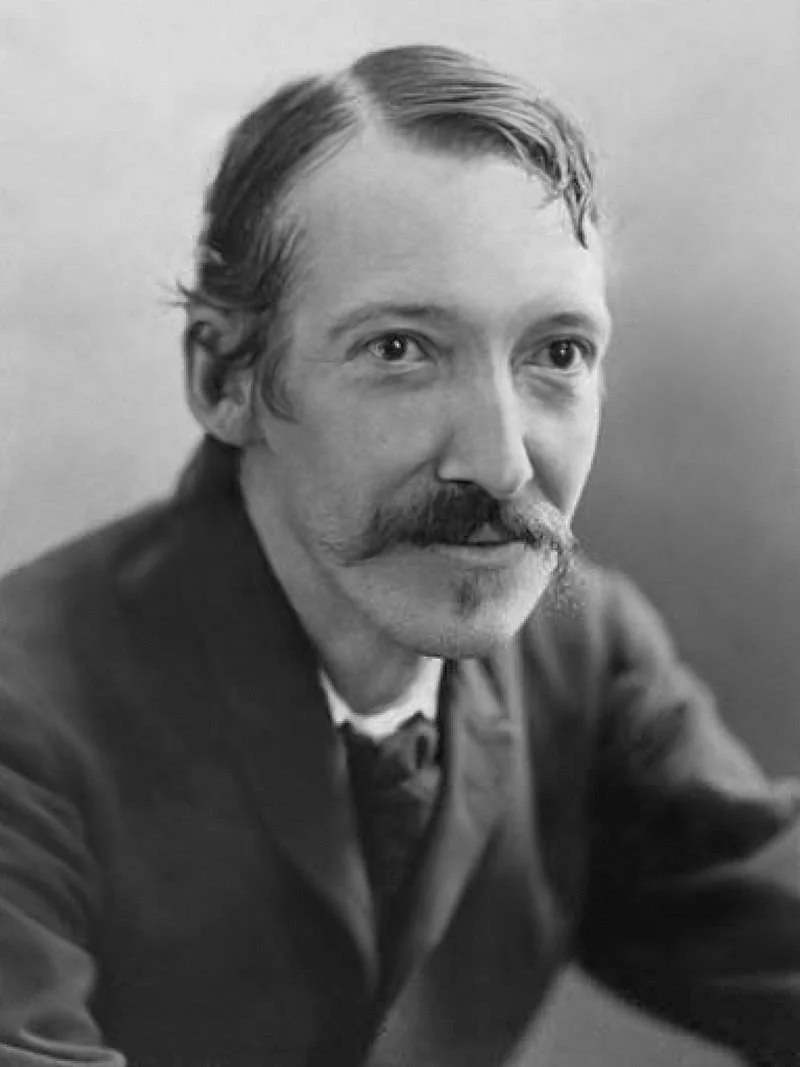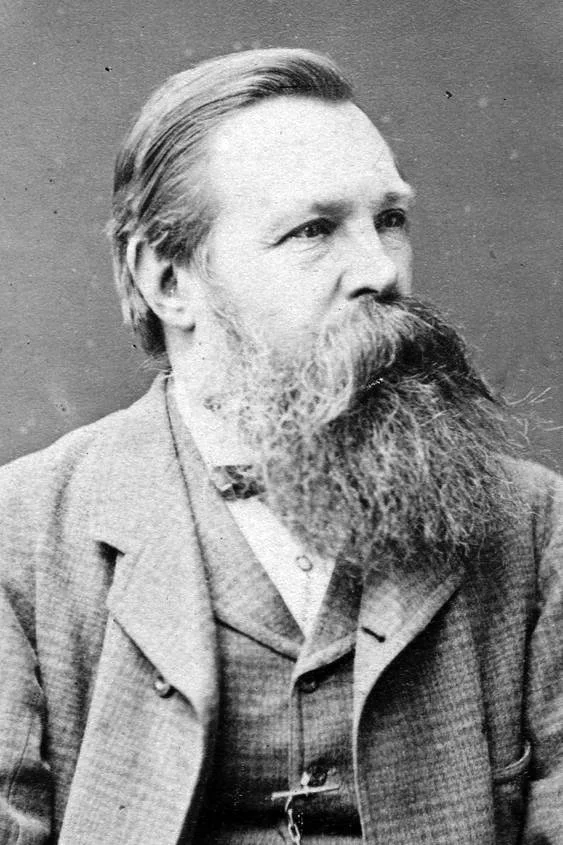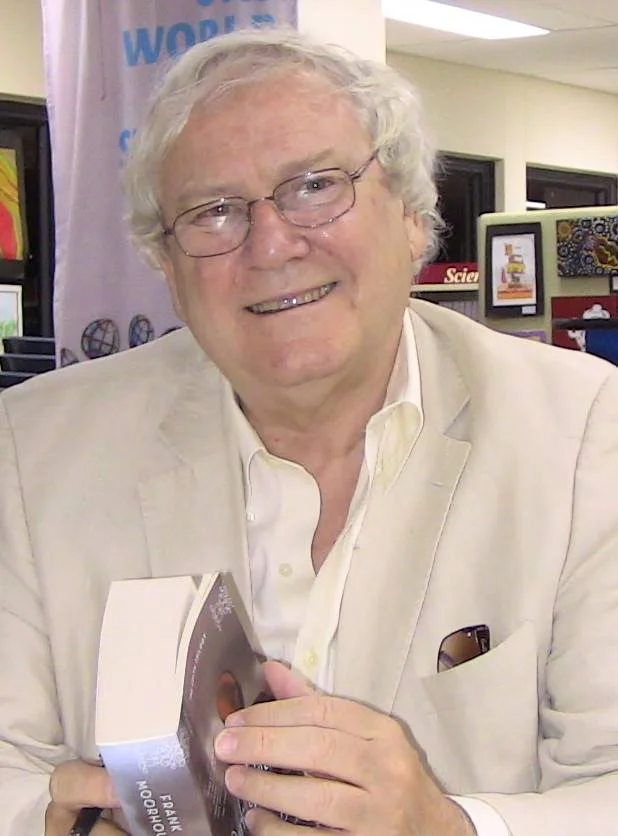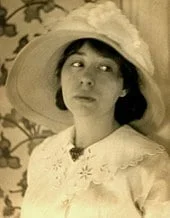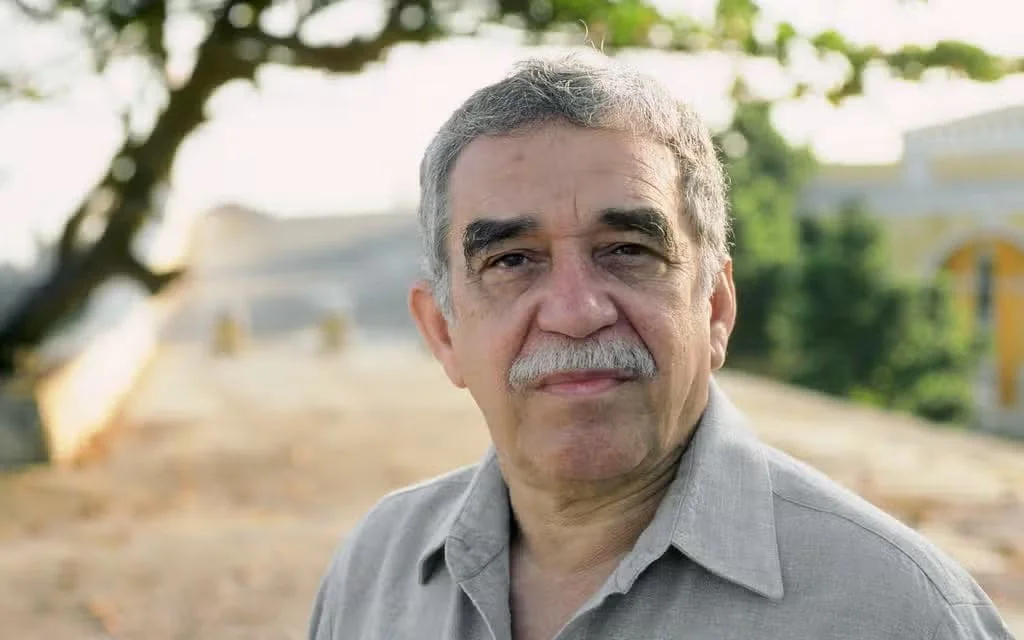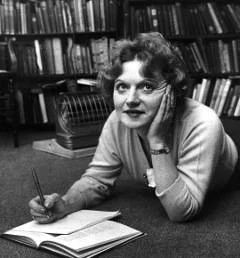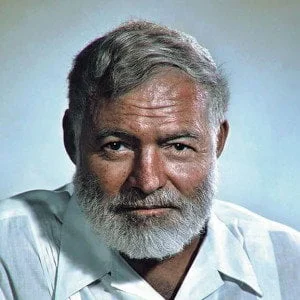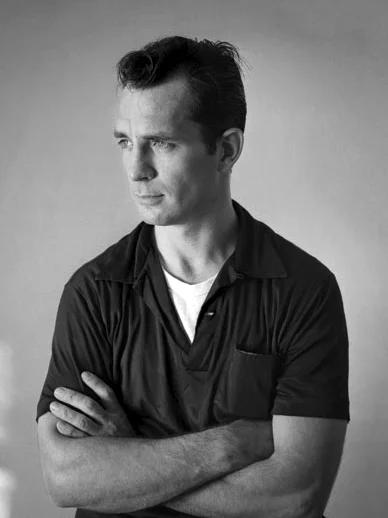Real Celebrities Never Die!
OR
Search For Past Celebrities Whose Birthday You Share
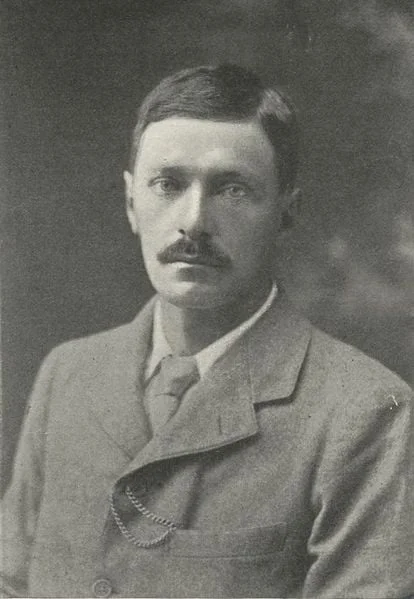
source:https://en.m.wikipedia.org/wiki/File:E._F._Benson.jpg
E.F.Benson
Birthday:
24 Jul, 1867
Date of Death:
29 Feb, 1940
Cause of death:
Throat cancer
Nationality:
British
Famous As:
Biographer
Age at the time of death:
72
E.F. Benson's Quote's
Early Life and Family Background
Edward Frederic Benson, known as E.F. Benson, was born on July 24, 1867, in Wellington College, Berkshire, England. He hailed from a distinguished and intellectual family; his father, Edward White Benson, was the Archbishop of Canterbury. Growing up in a scholarly environment likely influenced Benson’s later literary pursuits.
Education and Early Influences
Benson received his early education at Marlborough and later at King’s College, Cambridge. His exposure to academia and the literary world shaped his intellectual inclinations and laid the foundation for a diverse and accomplished career.
Professional Beginnings
E.F. Benson began his professional journey in the diplomatic service, working as the private secretary to his elder brother, Fred, who was employed in the Foreign Office. This role exposed Benson to international relations and deepened his curiosity about the broader world.
Transition to Literature
Although diplomacy initially attracted him, Benson found his true passion in writing. He started his literary career as a biographer and novelist, achieving early success with his biographical work. The Life of Edward White Benson* (1899), which celebrated his father’s life and highlighted his own literary talents.
Breakthrough in Fiction
Benson’s foray into fiction marked a turning point in his career. He became best known for his satirical and humorous novels, particularly the “Mapp and Lucia” series. The first book in the series, “Queen Lucia” (1920), introduced readers to the fictional town of Riseholme, where social rivalries and misunderstandings set the stage for sharp satire. This series, which grew in popularity with subsequent sequels, solidified Benson’s reputation as a master of social satire.
Exploring Various Genres
Benson’s versatility as a writer is evident in his work across multiple genres. He was also celebrated for his supernatural stories, such as “The Room in the Tower” and “Caterpillars”, which demonstrated his skill in creating suspenseful and eerie atmospheres.
Travel Writing
Benson’s diplomatic experience and travels significantly informed his writing. In works like “As We Were: A Victorian Peep Show’ (1930), he offered readers a window into the societal customs and values of the Victorian era, blending his observations with historical reflection.
Personal Life and Challenges
Benson’s life was marked by both triumphs and personal challenges. As an openly gay man in a time when homosexuality was not widely accepted, he navigated societal expectations while maintaining a prolific literary career. His personal experiences influenced many of the themes in his works, particularly those relating to human relationships and societal norms.
E.F. Benson’s Multifaceted Literary Career
Benson’s literary contributions extended beyond novels to include essays, plays, and biographies. His ability to blend humor with social commentary allowed him to capture the intricacies of human behavior, earning him recognition as one of the prominent writers of his era.
Legacy and Enduring Influence of E.F. Benson
E.F. Benson passed away on February 29, 1940, in London, but his literary legacy continues to captivate readers. His works, particularly the *Mapp and Lucia* series, offer insightful commentary on early 20th-century society and remain cherished for their wit and humor.
In conclusion, E.F. Benson’s journey from the son of an Archbishop to a prolific and celebrated writer reflects his remarkable talents and contributions to literature. His keen observations and ability to infuse humor into his social satire make his works timeless classics. Benson’s influence continues to resonate in the world of literature.
Name:
E.F. Benson
Popular Name:
E.F.Benson
Gender:
Male
Cause of Death:
Throat cancer
Spouse:
Place of Birth:
Wellington College, Berkshire, Englan
Place of Death:
University College Hospital, London,
Occupation / Profession:
Personality Type
Architect: Imaginative and strategic thinkers, with a plan for everything. He wrote a memoire, short stories, travel writing etc.thus expanding his field of writing stratigically.
Benson’s most enduring legacy lies in his “Mapp and Lucia” series. This satirical and humorous portrayal of social intricacies in the fictional town of Riseholme has gained a dedicated fan base and continues to be celebrated for its wit and observational humor.
E.F. Benson passed away on February 29, 1940, a date that occurs only once every four years due to leap years.
E.F. Benson was an incredibly prolific writer. Apart from his well-known novels, he wrote numerous short stories, essays, plays, and even works of non-fiction, showcasing his versatility as an author.
In addition to his satirical novels, Benson was a master of the supernatural genre. His ghost stories, including “The Room in the Tower” and “Caterpillars” are praised for their ability to evoke suspense and a sense of the otherworldly.
Benson served as the mayor of Rye, Sussex, from 1934 to 1937, demonstrating his active engagement in public life while continuing his literary career.
E.F. Benson gained widespread recognition for his sharp social satire, particularly through his popular “Mapp and Lucia” series, which humorously depicted the social rivalries of English village life.
He was a prolific writer, producing over 100 works, including novels, essays, plays, and ghost stories, with “The Room in the Tower and Other Stories” earning him lasting fame in the supernatural genre.

